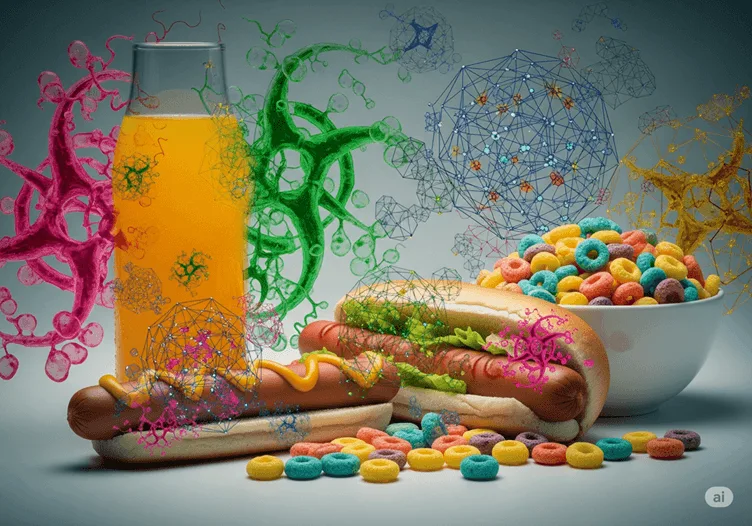
12 Food Additives to Be Cautious About: What You Need to Know
In today’s world of packaged and processed foods, it’s easy to overlook the long list of ingredients on the back of our favorite snacks. While many additives are generally recognized as safe, some food additives have raised concerns among health experts due to their potential health impacts. Used for everything from enhancing flavor and color to extending shelf life, understanding these ingredients is crucial for making healthier choices.
Being mindful of what you eat means more than just counting calories. It also involves understanding the potential impact of certain additives on your health. Here are 12 food additives you might want to be cautious about:
1. Monosodium Glutamate (MSG)
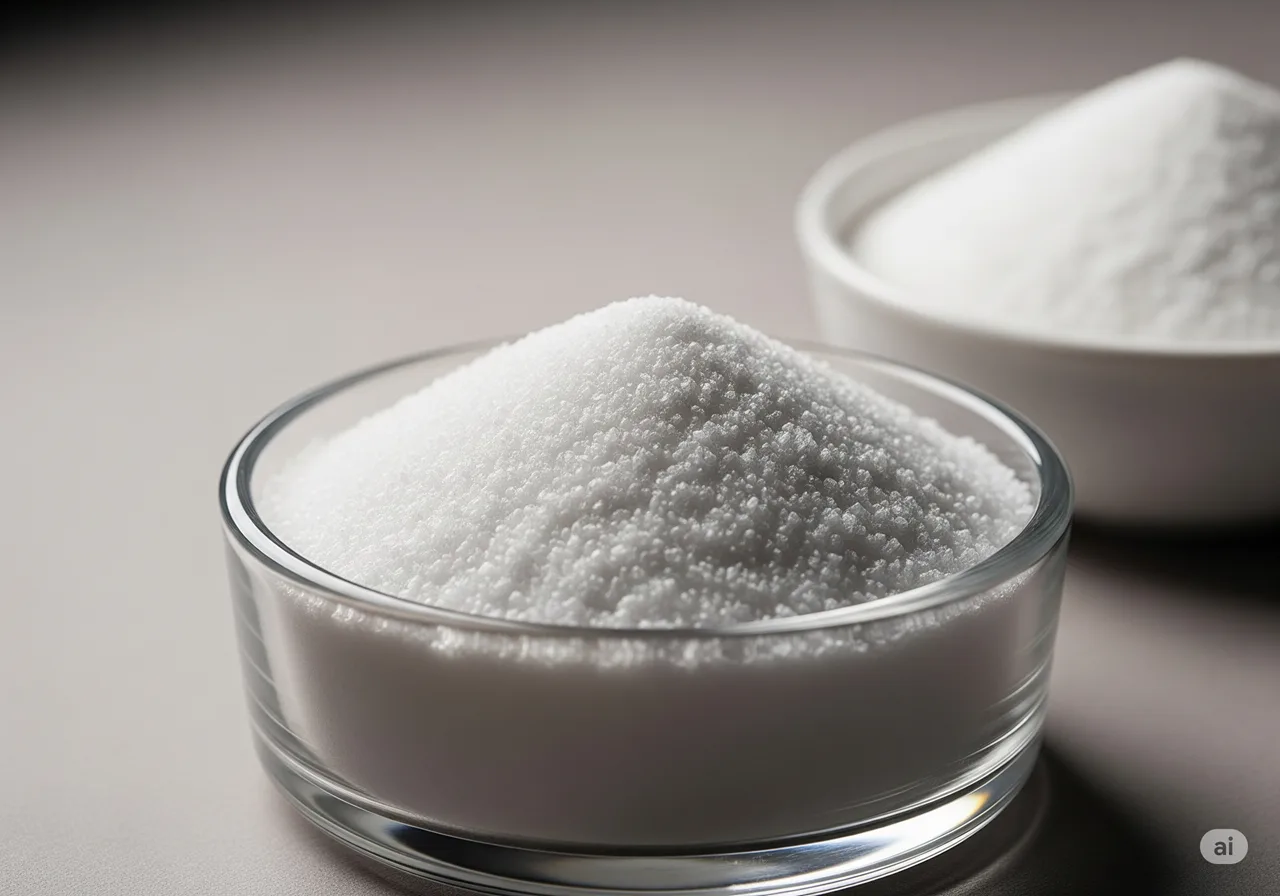
A popular flavor enhancer in savory dishes, MSG is often found in Chinese food, processed meats, and snack foods. While it’s generally considered safe for most people in moderation, sensitive individuals may experience symptoms like headaches, sweating, or numbness.
2. Artificial Food Coloring
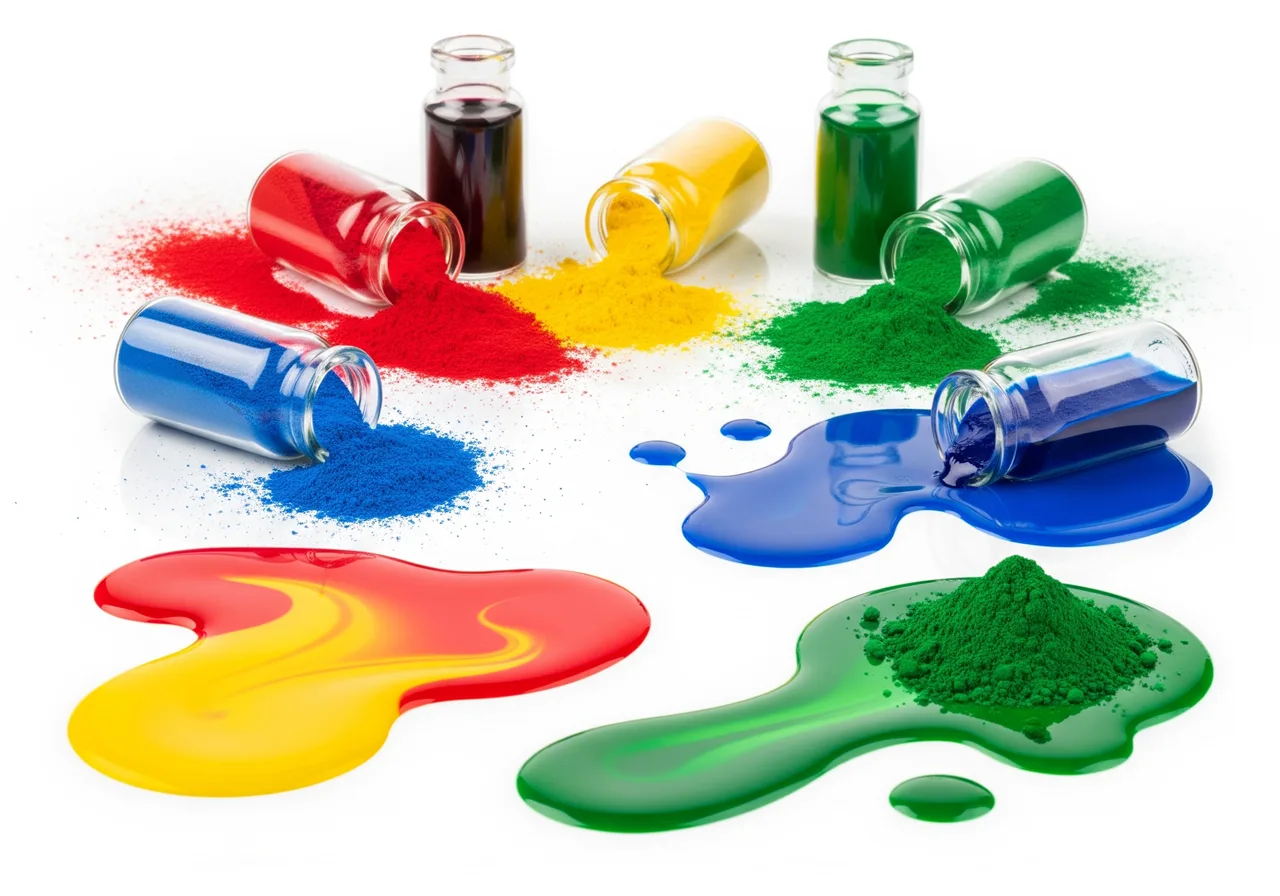
You’ll find artificial food colorings like Red 40, Yellow 5, and Blue 1 in a wide array of products, from candies to beverages. These dyes have been linked to hyperactivity in children and can trigger allergic reactions. Red 3, specifically, has shown potential to increase thyroid tumor risk in animal studies.
3. Sodium Nitrite
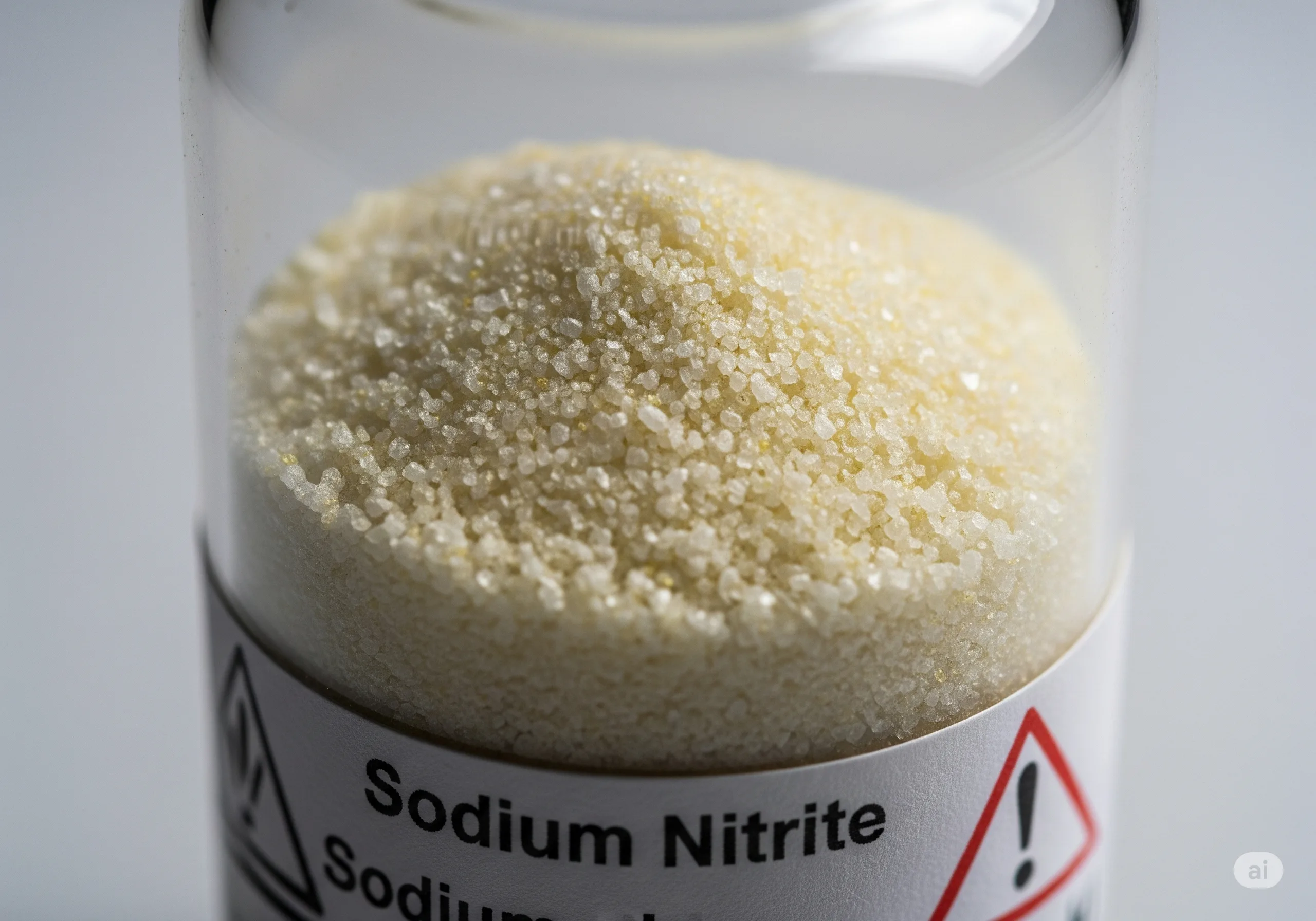
Used primarily to preserve processed meats like bacon, hot dogs, and deli meats, sodium nitrite also gives them their characteristic pink color. The concern here is that when heated, sodium nitrite can form nitrosamines, which have been linked to an increased risk of certain cancers, including stomach and colorectal cancer. Limiting your intake of processed meats is a good idea.
4. Guar Gum
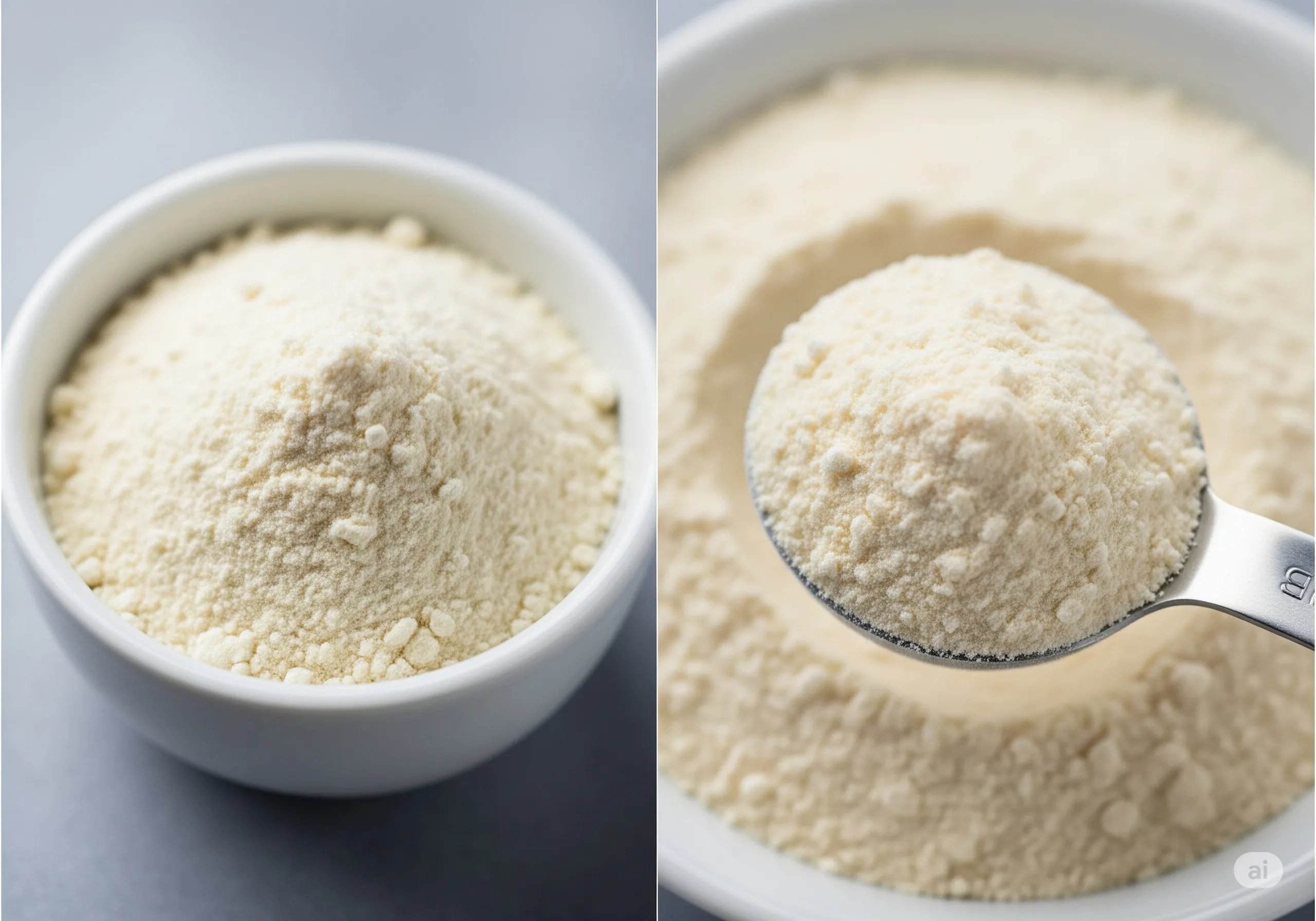
This common thickener and fiber source is found in many food products. While it can aid digestion, consuming guar gum in very large amounts might lead to uncomfortable symptoms like bloating, cramps, or even intestinal blockages.
5. High-Fructose Corn Syrup (HFCS)
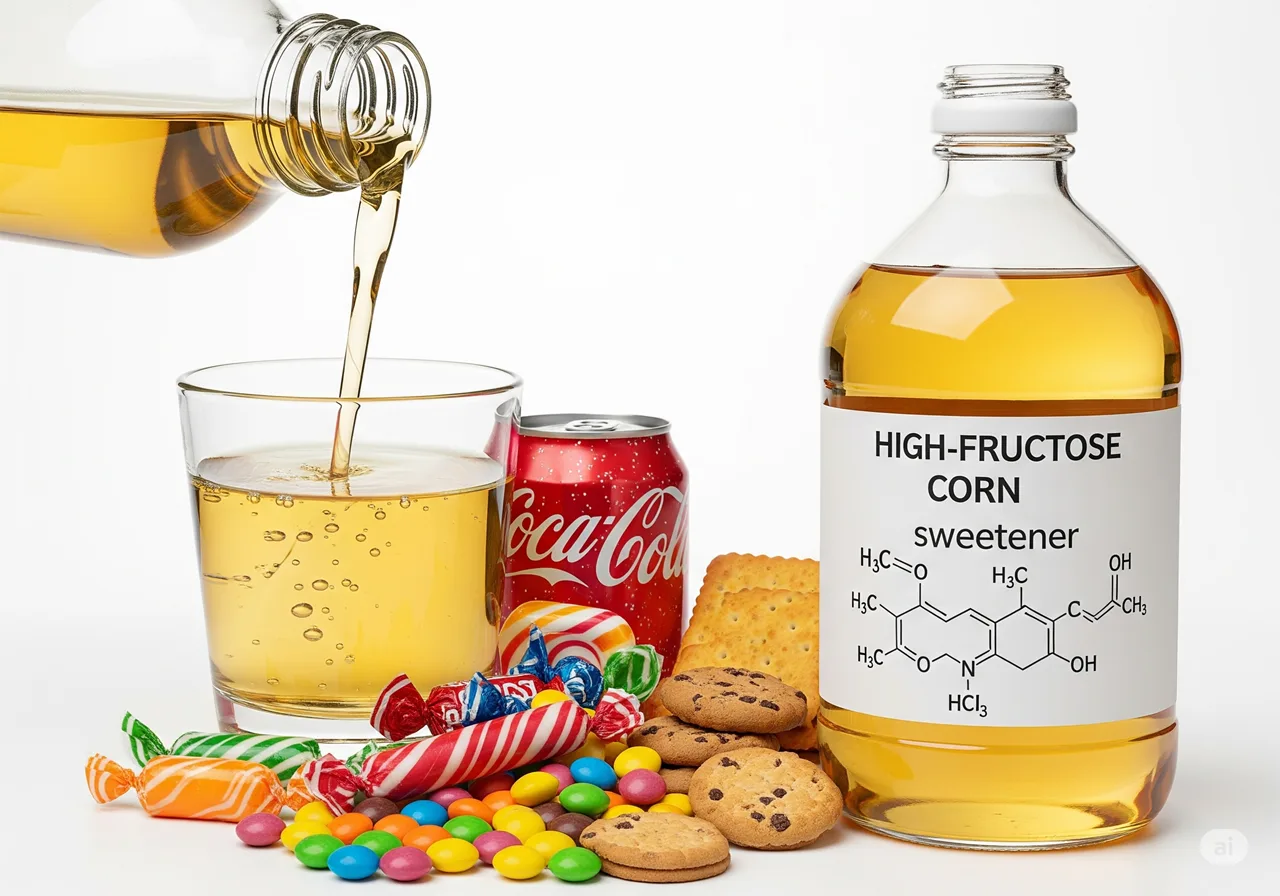
A prevalent sweetener in sodas, cereals, and many processed snacks, HFCS has been a subject of much debate. It’s strongly associated with an increased risk of obesity, insulin resistance, inflammation, and type 2 diabetes.
6. Artificial Sweeteners (e.g., Aspartame, Sucralose)
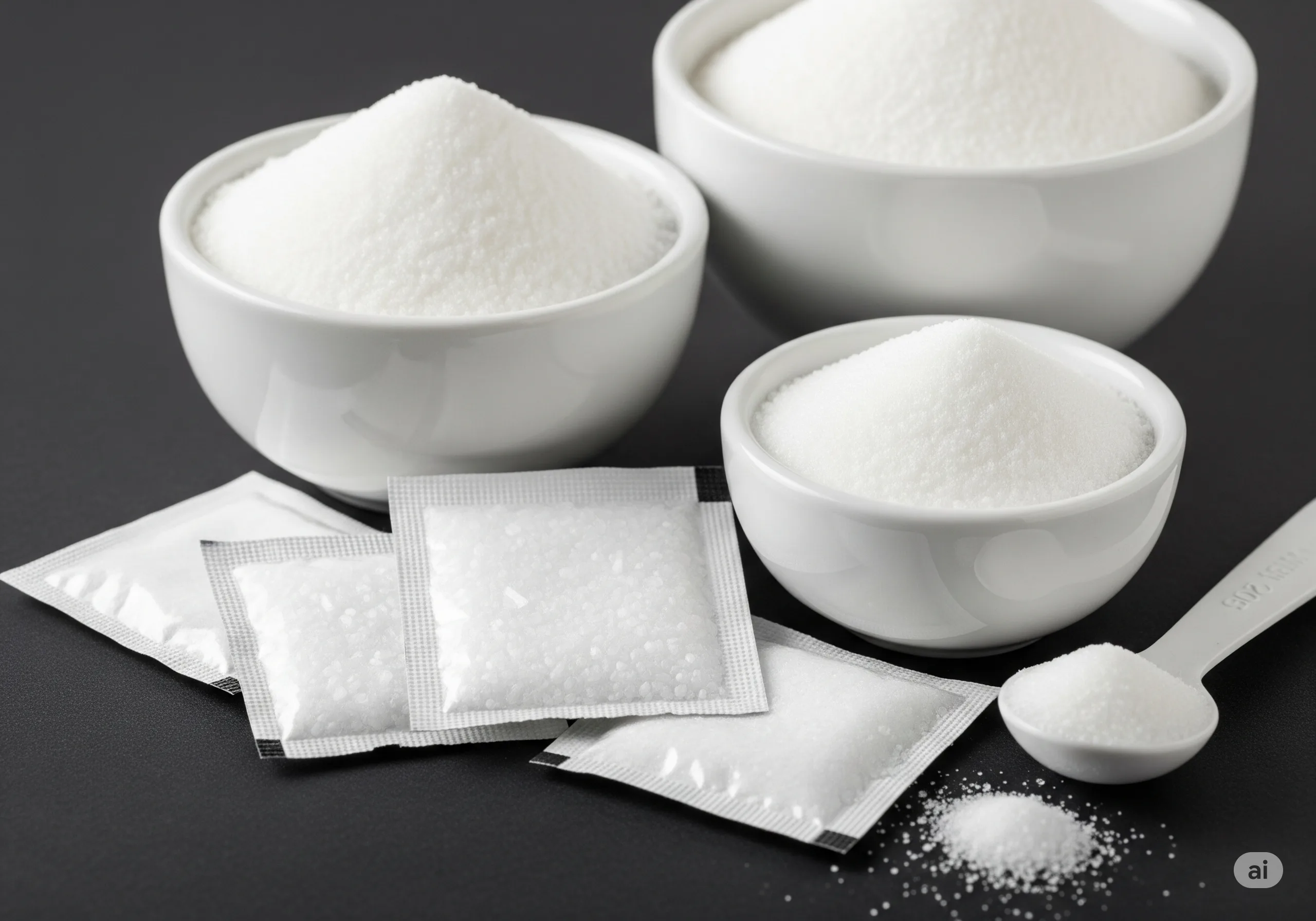
Found in countless “diet” and “sugar-free” products, artificial sweeteners like aspartame and sucralose are often used as alternatives to sugar for weight management. While generally safe in moderation, some sensitive individuals may experience headaches.
7. Carrageenan
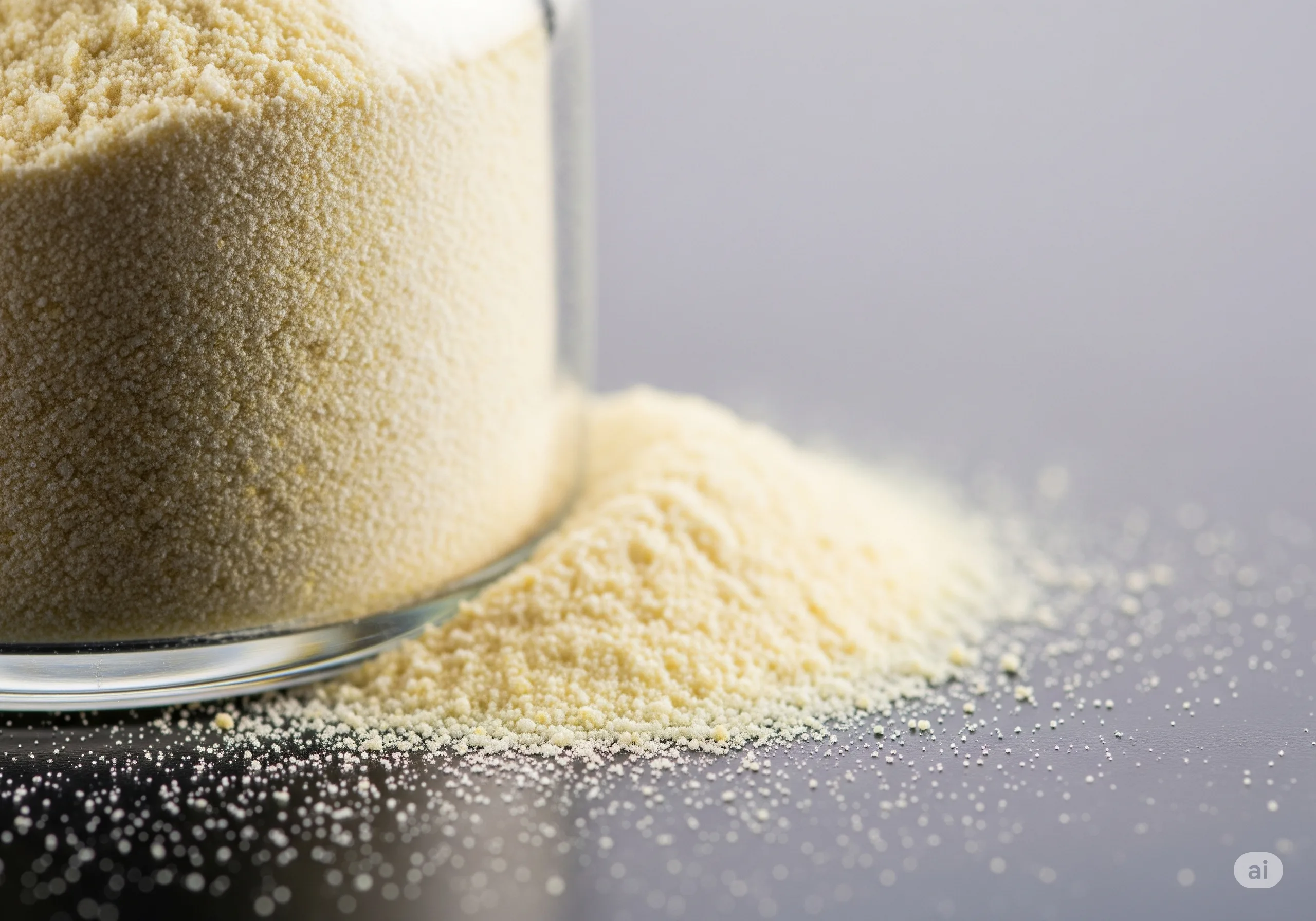
Often used as a thickener and emulsifier in non-dairy milks, creamers, and various vegan products, carrageenan has been a source of concern for some. It may trigger inflammation, contribute to high blood sugar, cause digestive issues, and in some individuals, worsen conditions like ulcerative colitis.
8. Sodium Benzoate
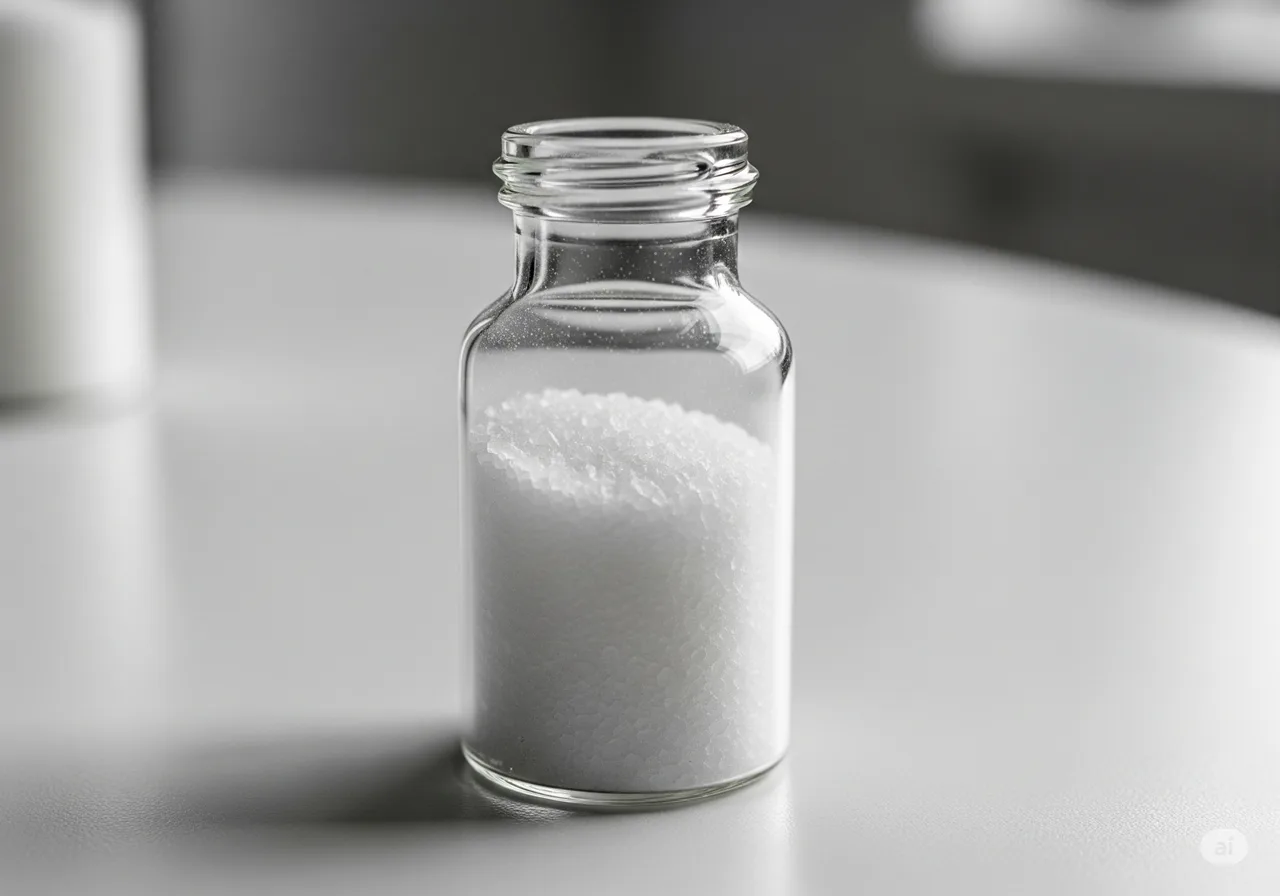
This preservative is commonly found in sodas and other acidic foods. A significant concern with sodium benzoate is its ability to form benzene, a potential carcinogen, when combined with vitamin C. It has also been linked to hyperactivity and ADHD symptoms, particularly in children.
9. Trans Fats

Once widespread in baked goods, margarine, and many processed snacks, trans fats are now largely banned or restricted in many countries due to their severe health implications. They are strongly associated with an increased risk of heart disease, inflammation, and type 2 diabetes.
10. Xanthan Gum
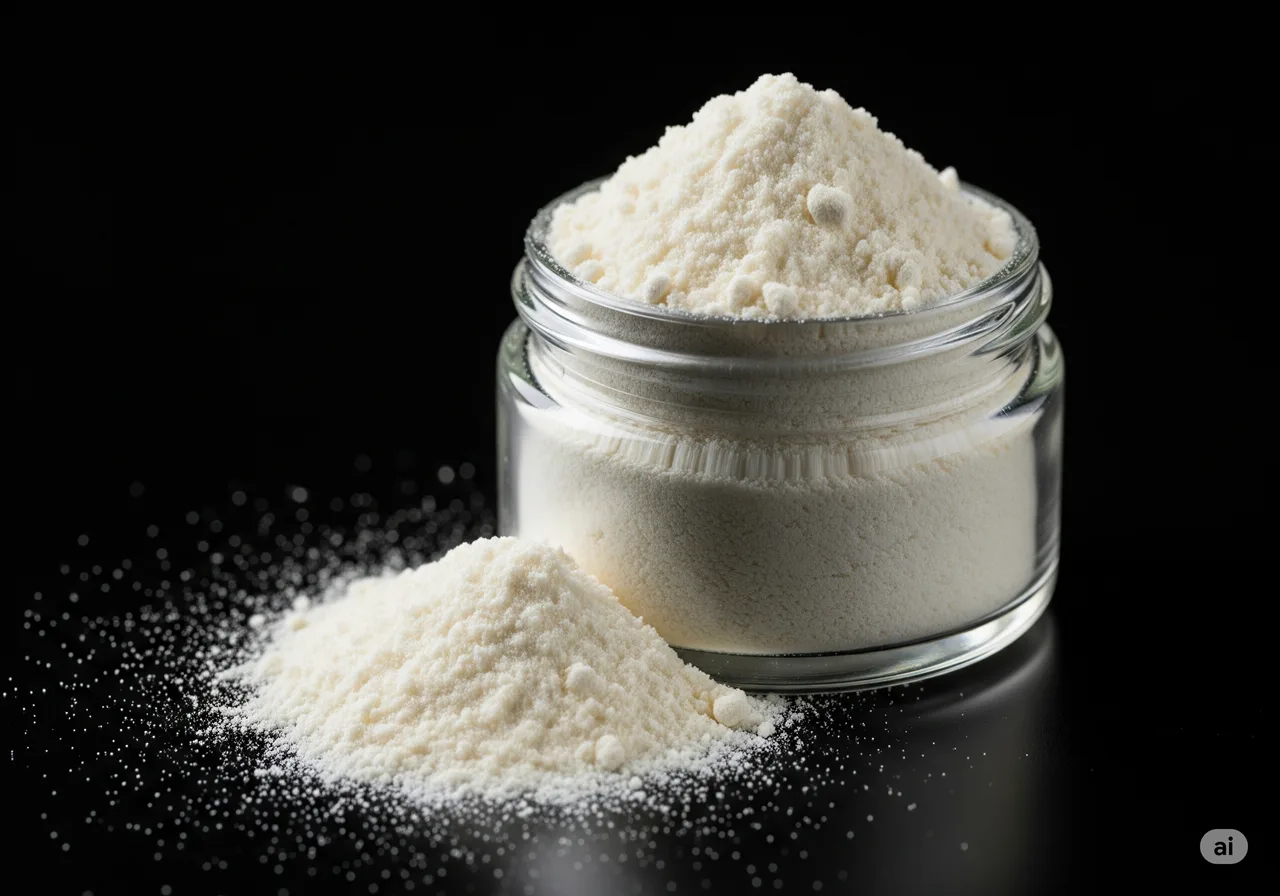
Another common thickener, xanthan gum is frequently used in gluten-free foods. While it may offer benefits like helping to control blood sugar and cholesterol, consuming large amounts can sometimes lead to digestive discomfort such as gas, bloating, or loose stools.
11. Artificial Flavoring
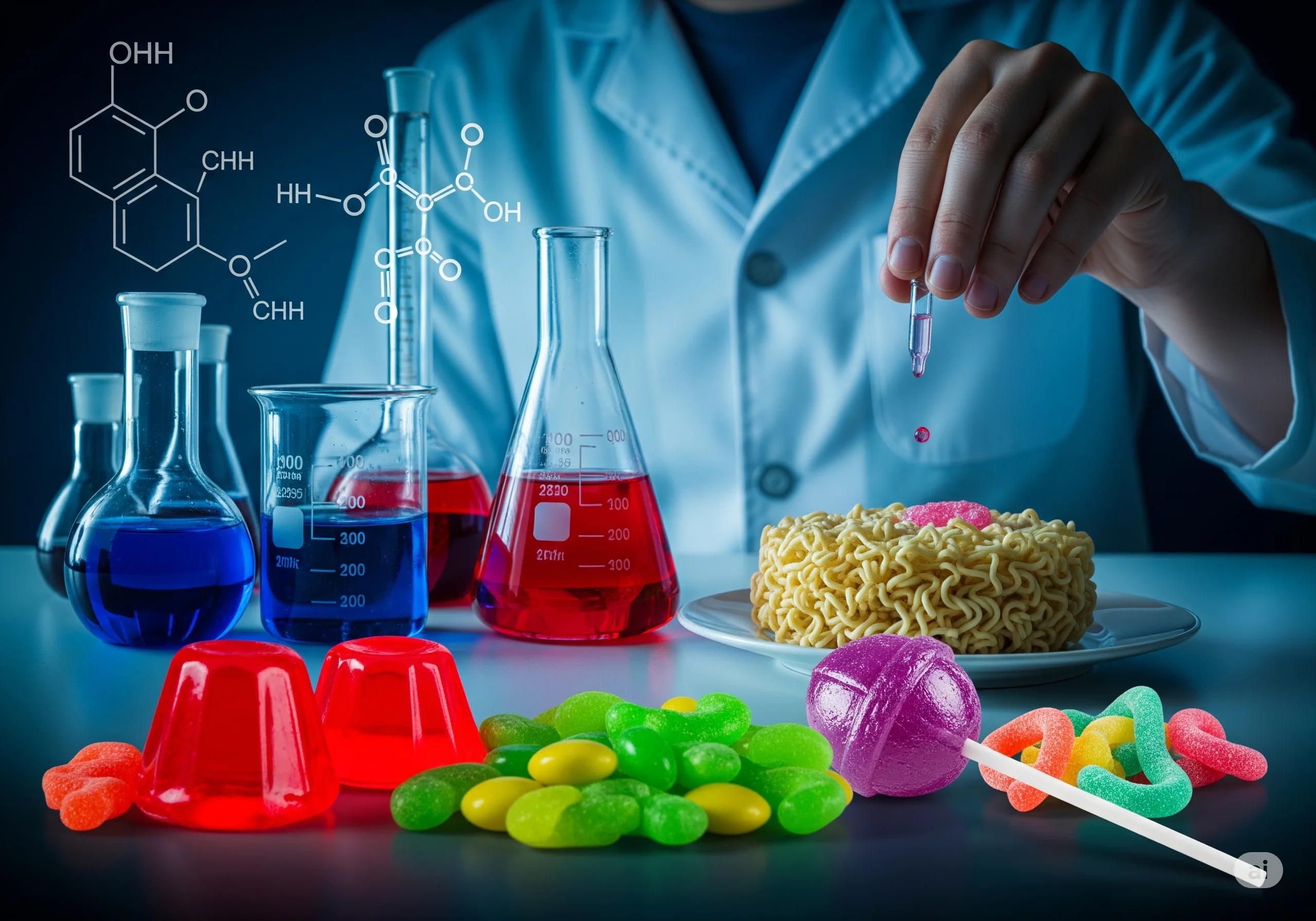
These chemically engineered substances are designed to mimic natural flavors. While they make foods taste appealing, some animal studies have indicated possible toxicity to bone marrow cells from certain artificial flavorings. More research is needed to fully understand their effects on human health.
12. Yeast Extract

Used to add a savory, umami flavor to foods, yeast extract is often found in broths, sauces, and processed snacks. Similar to MSG, it contains glutamate and can be high in sodium. Sensitive individuals might experience mild reactions.
Your Best Defense: Informed Choices
Navigating the world of food additives can seem daunting, but armed with information, you can make smarter choices. The general recommendation remains consistent: limit your intake of processed and packaged foods, make a habit of reading ingredient labels, and prioritize choosing more whole, fresh, and unprocessed foods. This approach will naturally reduce your exposure to many additives and support your overall health.
Summary:
As you’ve seen, many ingredients go into our food beyond the main components. Being aware of certain food additives can empower you to make more informed choices for your health. Here’s a brief recap of the additives we’ve discussed:
- Monosodium Glutamate (MSG): A flavor enhancer that can cause reactions in sensitive individuals.
- Artificial Food Coloring: Dyes like Red 40 and Yellow 5, linked to hyperactivity in children and potential health risks.
- Sodium Nitrite: Used in processed meats, it can form cancer-linked compounds when heated.
- Guar Gum: A common thickener that may cause digestive discomfort in large amounts.
- High-Fructose Corn Syrup (HFCS): A pervasive sweetener associated with various metabolic health issues.
- Artificial Sweeteners (e.g., Aspartame, Sucralose): Sugar substitutes that are generally safe in moderation but can cause headaches in some.
- Carrageenan: Found in many non-dairy products, it may trigger inflammation and digestive problems for some.
- Sodium Benzoate: A preservative that can form a potential carcinogen when combined with vitamin C and is linked to hyperactivity.
- Trans Fats: Highly detrimental fats strongly associated with heart disease, now largely restricted.
- Xanthan Gum: A thickener, generally safe, but can cause digestive upset in large quantities.
- Artificial Flavoring: Chemically derived flavors whose long-term human effects are still being researched.
Ultimately, the best approach to reduce your exposure to these additives is to prioritize whole, unprocessed foods and always take a moment to read ingredient labels on packaged goods. Your health will thank you for it!



